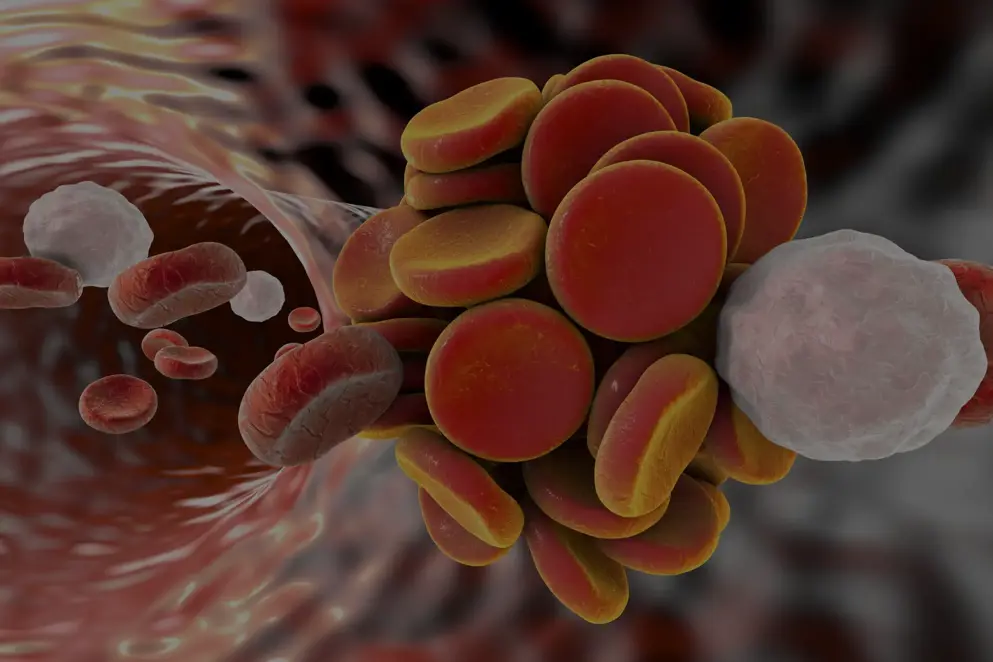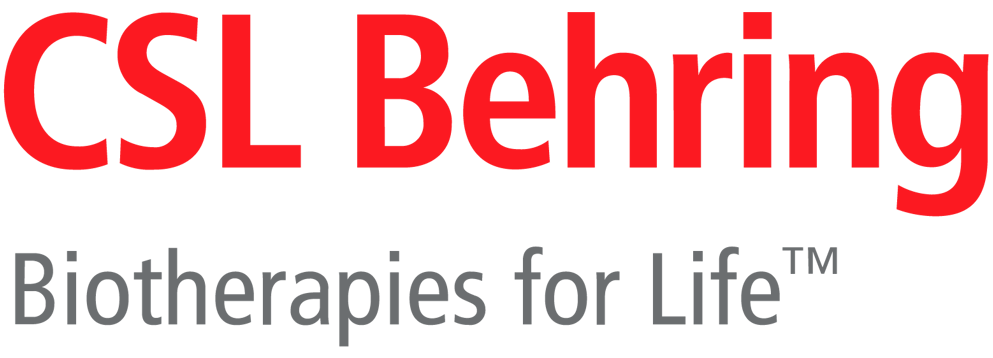
Is space travel possible without OAR?
Is space travel possible without OAR?
On Earth, an unprovoked isolated internal jugular venous thrombosis is uncommon, as the disease is usually associated with cancer, a central venous catheter or ovarian hyperstimulation (Gbaguidi et al., 2011). However, two months into an ISS mission, an ultrasound examination revealed an obstructive left internal jugular venous thrombosis in one of the astronauts participating in the vascular research study. The venous thrombosis was later confirmed by an ultrasound examination guided in real-time by two radiologists on Earth (Auñón et al., 2020). Venous thrombosis presents many dangers both in space and on Earth. As a blood clot formed within a vein, it has the potential to break off and lodge elsewhere in the circulatory system, known as a venous thromboembolism (VTE). The National Institute for Health and Care Excellence (NICE) guidelines suggest that venous thromboembolic diseases should be treated with vitamin K antagonist (VKA) anticoagulation within twenty-four hours and be continued for three months.
In This Section
Pressed for space
This presented a problem onboard the ISS, as the space station has a limited pharmacy. The crew had access to twenty vials of enoxaparin, an anticoagulant commonly used to treat deep vein thrombosis (DVT), but no anticoagulation-reversal agents.
The lack of these agents can pose a big risk as high levels of anticoagulants can increase haemorrhage risk and, should injury occur, can cause internal bleeding that is difficult to stop. This danger requires multi-speciality discussions to weigh the potential of a thromboembolism against the benefits and risks of anticoagulation therapy.
Coagulation is a rapid and tightly controlled process, and there are many factors to consider when anticoagulation becomes necessary. A notable issue is how reversal of anticoagulation is managed. Should PCC or fresh frozen plasma (FFP) be used for anticoagulation reversal? Many current guidelines consider FFP to no longer be the treatment of choice to reverse VKA anticoagulation. If PCC is used, how do factor-3 and factor-4 PCCs compare?
Many of these questions were recently discussed at a roundtable discussion with Professor Donat Spahn, Professor Thorsten Steiner and Dr Oliver Grottke.
of interest
are looking at
saved
next event
of interest
are looking at
saved
next event
Back down to Earth
Following the event, Auñón et al. recommended direct non-vitamin K oral anticoagulants due to the data supporting their use in VTE, the complexity of administering injections in microgravity and the availability of reversal agents. The team also recommended that andexanet alfa for anticoagulation reversal (Auñón et al., 2020). Placebo controlled trials have previously shown that andexanet alfa significantly reduces anti-factor Xa activity in patients treated with apixaban, with no serious adverse events.
Research such as this reveals invaluable insights into haemostatic and circulatory physiology as well as the importance of anticoagulants and their reversal, which will provide very real benefits to patients both on Earth and as we step foot among the stars.
If you found this interesting, you may also enjoy reading about a recent study discussing the clinical evidence for andexanet alfa and idarucizumab, and their potential impact on clinical practice.
of interest
are looking at
saved
next event
of interest
are looking at
saved
next event
References
Aunõn SM, Pattarini JM, Moll S, Sargsyan A. Venous Thrombosis during Spaceflight. N Engl J Med. 2020;382(1):89–90.
Gbaguidi X, Janvresse A, Benichou J, Cailleux N, Levesque H, Marie I. Internal jugular vein thrombosis: outcome and risk factors. QJM. 2011;104(3):209–19.
Job number: KCT16-01-0010
Developed by EPG Health for Medthority in collaboration with CSL Behring, with content provided by CSL Behring.
Not intended for Healthcare Professionals outside Europe.

